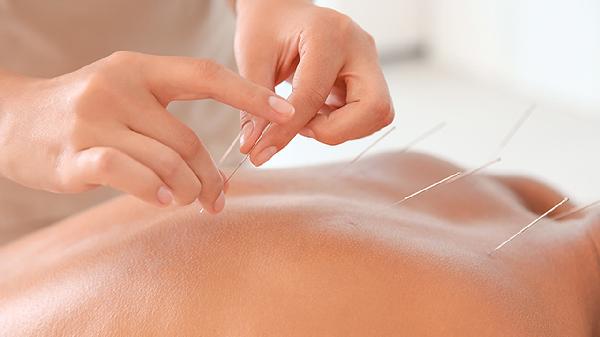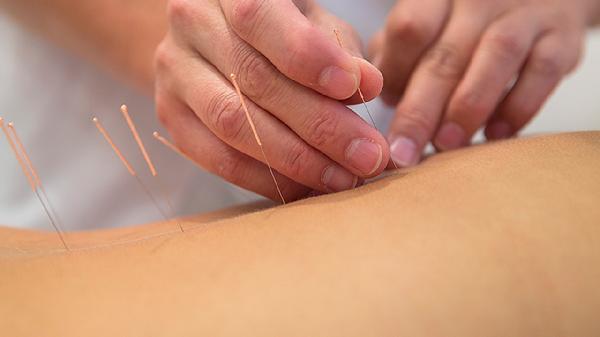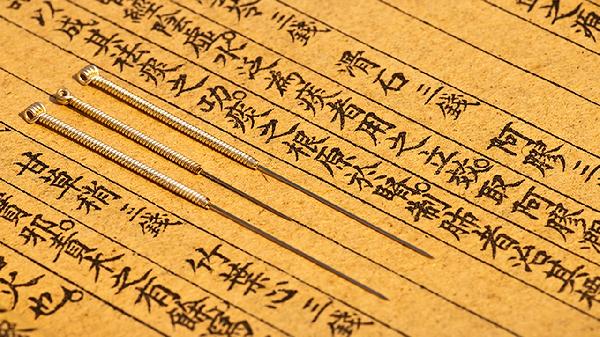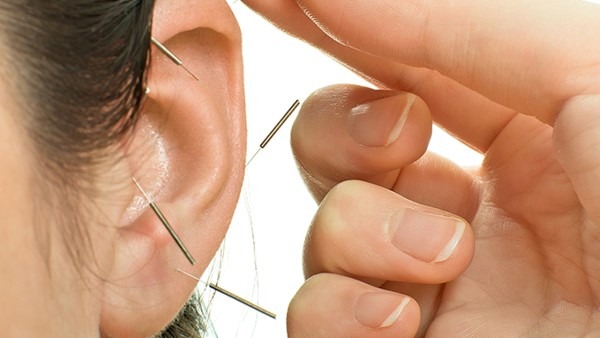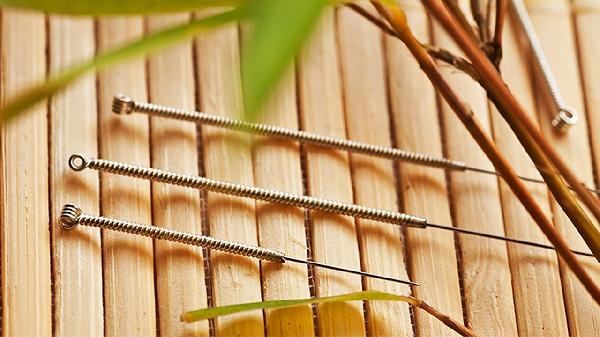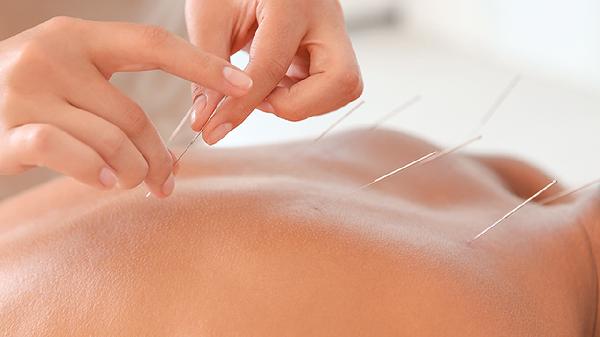Acupuncture, a traditional Chinese medicine practice, has been increasingly explored as a complementary therapy to boost fertility. While research is ongoing, studies suggest that acupuncture may improve reproductive health by enhancing blood flow to the reproductive organs, regulating hormones, and reducing stress, all of which can positively impact fertility. However, it’s important to approach acupuncture as part of a holistic fertility plan, combining it with medical treatments and lifestyle adjustments for optimal results.
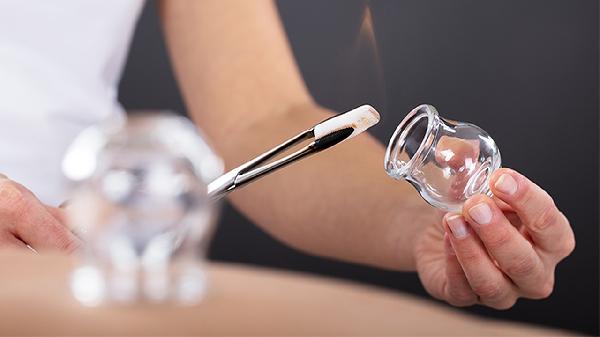
How Acupuncture Works for Fertility
Acupuncture involves the insertion of thin needles into specific points on the body to stimulate energy flow, or Qi. For fertility, practitioners target points that influence the reproductive system, such as those connected to the ovaries, uterus, and endocrine system. This stimulation is believed to improve blood circulation to the pelvic region, which can enhance the health of the ovaries and uterine lining, creating a more favorable environment for conception. Additionally, acupuncture may help regulate hormones like estrogen, progesterone, and follicle-stimulating hormone (FSH), which are crucial for ovulation and menstrual cycles.
Scientific Evidence Supporting Acupuncture and Fertility
Several studies have explored the potential benefits of acupuncture for fertility. Research indicates that acupuncture may improve pregnancy rates in women undergoing in vitro fertilization (IVF) by reducing stress and improving embryo implantation. A study published in the journal Fertility and Sterility found that women who received acupuncture before and after embryo transfer had higher pregnancy rates compared to those who did not. Other studies suggest that acupuncture can improve ovarian function, increase the number of mature eggs retrieved during IVF, and reduce the side effects of fertility medications.
Stress Reduction and Its Impact on Fertility
Stress is a well-known factor that can negatively impact fertility by disrupting hormonal balance and menstrual cycles. Acupuncture has been shown to activate the parasympathetic nervous system, promoting relaxation and reducing stress levels. By lowering cortisol levels, acupuncture may help restore hormonal balance and improve reproductive function. For individuals experiencing anxiety or depression related to fertility struggles, acupuncture can provide emotional support and a sense of calm, which may enhance overall well-being and fertility outcomes.
Acupuncture for Male Fertility
While much of the focus on acupuncture and fertility is directed toward women, it can also benefit men. Acupuncture has been shown to improve sperm quality, including sperm count, motility, and morphology. Studies suggest that acupuncture may enhance blood flow to the testes, reduce oxidative stress, and regulate hormones like testosterone, all of which can contribute to improved male fertility. For couples experiencing infertility, addressing both partners’ reproductive health through acupuncture may increase the chances of conception.
Integrating Acupuncture with Conventional Fertility Treatments
Acupuncture is most effective when used as part of a comprehensive fertility plan. It can complement conventional treatments like IVF, intrauterine insemination (IUI), and ovulation induction by addressing underlying issues such as poor blood flow, hormonal imbalances, and stress. Many fertility clinics now offer acupuncture services or collaborate with licensed acupuncturists to provide integrated care. If you’re considering acupuncture, it’s essential to work with a practitioner who has experience in fertility and reproductive health.
What to Expect During an Acupuncture Session
During a fertility-focused acupuncture session, the practitioner will conduct a thorough assessment of your medical history, reproductive health, and overall well-being. Based on this evaluation, they will create a personalized treatment plan targeting specific acupuncture points. Sessions typically last 30 to 60 minutes, during which you’ll lie comfortably while the needles are inserted. Most people find the experience relaxing and pain-free. Depending on your fertility goals, you may need regular sessions over several weeks or months to see results.
Potential Risks and Considerations
Acupuncture is generally considered safe when performed by a licensed and experienced practitioner. However, it’s important to discuss your fertility goals and medical history with your acupuncturist to ensure the treatment is tailored to your needs. While acupuncture can be beneficial, it should not replace medical advice or treatments prescribed by your fertility specialist. Always consult your healthcare provider before starting acupuncture or any new therapy.
Lifestyle Factors to Support Fertility
In addition to acupuncture, making lifestyle changes can further enhance fertility. Maintaining a healthy diet rich in antioxidants, vitamins, and minerals supports reproductive health. Regular exercise improves blood circulation and reduces stress, while avoiding smoking, excessive alcohol, and caffeine can positively impact fertility. Adequate sleep and stress management techniques, such as yoga or meditation, can also contribute to a healthier reproductive system. Combining these lifestyle adjustments with acupuncture may improve your chances of conceiving.
When to Seek Professional Help
If you’ve been trying to conceive for over a year (or six months if you’re over 35) without success, it’s advisable to consult a fertility specialist. Acupuncture can be a valuable addition to your fertility journey, but it’s essential to address any underlying medical conditions that may be affecting your ability to conceive. A fertility specialist can perform diagnostic tests, recommend appropriate treatments, and guide you in creating a personalized plan that includes acupuncture and other therapies.
The Role of Patience and Persistence
Fertility journeys can be emotionally and physically challenging, and it’s important to approach them with patience and persistence. Acupuncture is not a quick fix but rather a supportive therapy that works gradually to improve reproductive health. Staying consistent with treatments, maintaining a positive mindset, and seeking support from loved ones or support groups can help you navigate the ups and downs of the process. Remember that every individual’s fertility journey is unique, and progress may take time.
Conclusion
Acupuncture offers a promising, non-invasive approach to enhancing fertility by improving blood flow, regulating hormones, and reducing stress. While it’s not a standalone solution, it can be a valuable component of a holistic fertility plan when combined with medical treatments and lifestyle changes. If you’re considering acupuncture, consult with a licensed practitioner experienced in fertility to create a personalized treatment plan. Above all, approach your fertility journey with compassion and hope, knowing that you’re taking proactive steps toward achieving your goals.
